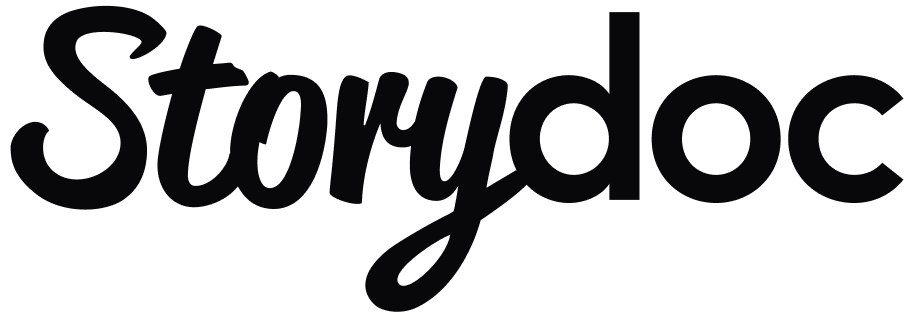Using ChatGPT for sales beginner techniques
The advent of ChatGPT by OpenAI has ushered in a new era of sales optimization, offering a plethora of avenues to enhance lead generation, customer engagement, and sales strategy formulation.
Below are some actionable techniques along with examples of prompts to effectively harness ChatGPT for sales:
1) Crafting personalized emails:
Use ChatGPT to draft personalized emails for leads and customers by feeding it relevant information about the recipient.
Prompt:
“Create a personalized email for a lead interested in our premium software package, highlighting the benefits and offering a free trial.”
2) Forecasting sales:
Use ChatGPT to analyze historical sales data to identify trends and forecast sales, aiding in better resource allocation and strategy planning.
Prompt:
“Analyze the sales data from the past year and provide a forecast for the next quarter along with insights on noticeable trends.”
3) Optimizing pricing:
Leverage ChatGPT to analyze customer purchasing behavior and market trends to suggest optimal pricing strategies.
Prompt:
“Analyze the purchasing behavior of our customer segments and suggest a pricing strategy to maximize revenue.”
4) Evaluating Lead Qualification:
Use ChatGPT to evaluate leads based on specified criteria, helping to focus on high-potential opportunities.
Prompt:
“Evaluate the provided leads based on their engagement level, purchase history, and fit for our product to prioritize them.”
5) Generating content for lead attraction:
Employ ChatGPT to create engaging blog posts, ad copies, or social media content aimed at attracting potential customers.
Prompt:
“Craft a compelling blog post on the benefits of our product, targeting small business owners.”
6) Formulating sales scripts:
Leverage ChatGPT to generate persuasive scripts or responses to common objections, aiding in negotiation and closing deals.
Prompt:
“Generate a script to address common objections encountered during the sales process of our software solutions.”
7) Establishing multilingual communication:
Use ChatGPT’s multilingual capabilities, including AI translation, to communicate with international leads and customers effectively.
Prompt:
“Translate the following sales pitch into Spanish and French: [Provide Sales Pitch].”









